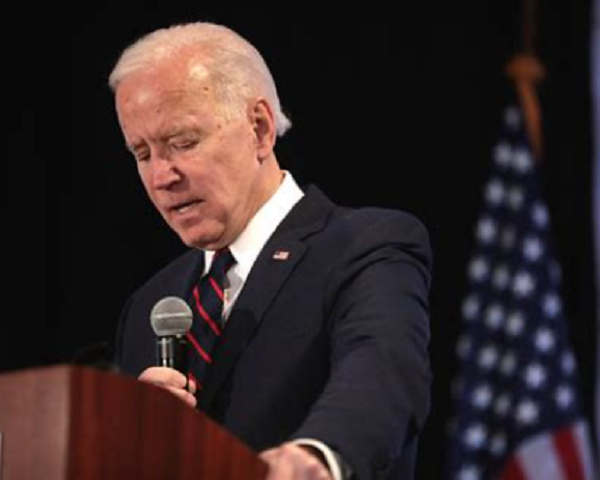U.S. District Court Judge James Wesley Hendrix has determined that former Speaker Nancy Pelosi breached the Constitution by allowing remote voting during the passing of a controversial $1.7 trillion spending bill in 2022. The session where the budget was approved occurred on December 23, 2022, as reported by Reuters. Despite facing significant opposition, the budget managed to pass with a vote of 225-201. CNBC described this move as the “final major achievement” of Pelosi’s tenure as Speaker of the House.
The budget was passed almost three months behind schedule, as budgets are ideally expected to be in place by the start of the federal fiscal year on October 1. However, it is common for budgets to be adopted late. As of now, Congress has yet to approve a complete budget, nearly five months into the federal fiscal year.
Judge Hendrix, appointed by President Donald Trump, did not block the entire budget that extended until September 30, 2023. Texas aimed to block two provisions but was unsuccessful in one of its attempts.
Hendrix determined that Texas lacked the legal authority to challenge the $20 million allocation in the budget that supported services for undocumented immigrants during their immigration removal proceedings.
The judge granted the state’s plea to prevent the implementation of the Pregnant Workers Fairness Act in Texas. The legislation aimed to provide pregnant employees with what it referred to as appropriate adjustments. In his decision, Hendrix stated that both the Department of Justice (DOJ) and the Equal Employment Opportunity Commission were prohibited from enforcing the law against the Texas state government.
“Congress acted egregiously by passing the largest spending bill in U.S. history with fewer than half the members of the House bothering to do their jobs, show up, and vote in person,” state Attorney General Ken Paxton said.
According to a news release from Paxton’s office, the Texas AG had “secured a major victory in defense of the United States Constitution.”
“Former Speaker Nancy Pelosi abused proxy voting under the pretext of COVID-19 to pass this law, then Biden signed it, knowing they violated the Constitution,” Paxton said.
“This was a stunning violation of the rule of law. I am relieved the Court upheld the Constitution.”
Proxy voting was a regulation implemented during the pandemic, but it was eliminated in January 2023 when the Republicans gained control of the House.
“For over 235 years, Congress understood the Constitution’s Quorum Clause to require a majority of members of the House or Senate to be physically present to constitute the necessary quorum to pass legislation,” he wrote.
“This rule prevents a minority of members from passing legislation that affects the entire nation,” he wrote.
“But despite the Constitution’s text and centuries of consistent practice, the House in 2020 created a rule that permitted non-present members to be included in the quorum count and vote by proxy,” he wrote.
“Pursuant to that novel rule, the House passed a new law included within the Consolidated Appropriations Act of 2023, and that particular provision affects Texas.”
“Like many constitutional challenges, Texas asserts that this provision is unenforceable against it because Congress violated the Constitution in passing the law. …
“The Court concludes that, by including members who were indisputably absent in the quorum count, the Act at issue passed in violation of the Constitution’s Quorum Clause.”
“Based on the Quorum Clause’s text, original public meaning, and historical practice, the Court concludes that the Quorum Clause bars the creation of a quorum by including non-present members participating by proxy,” he continued.
“Supreme Court precedent has long held that the Quorum Clause requires presence, and the Clause’s text distinguishes those absent members from the quorum and provides a mechanism for obtaining a physical quorum by compelling absent members to attend,” he wrote.







